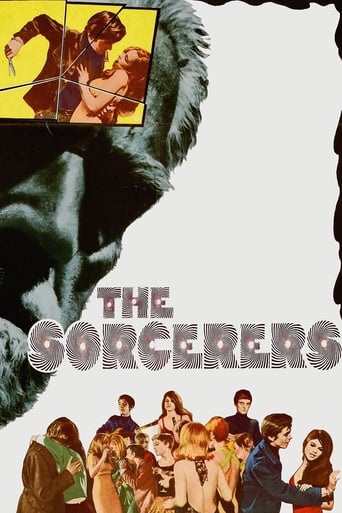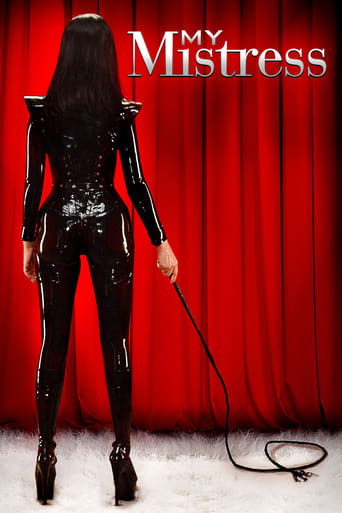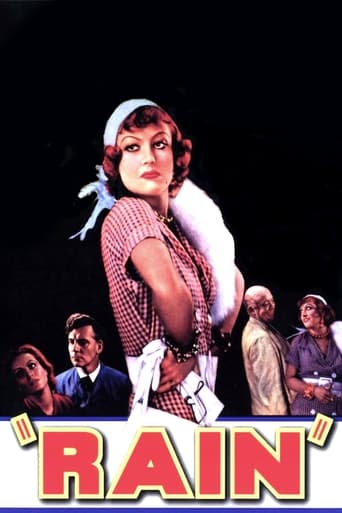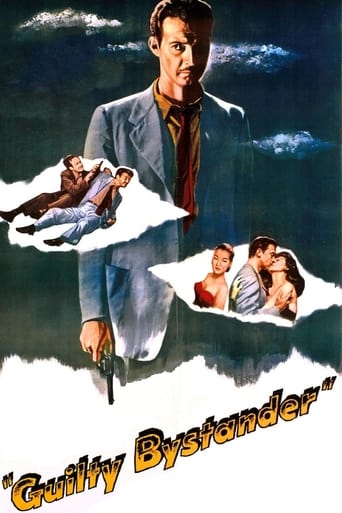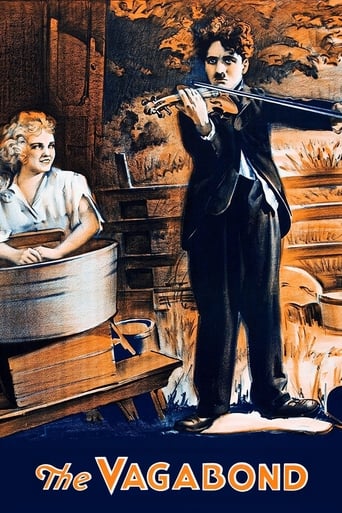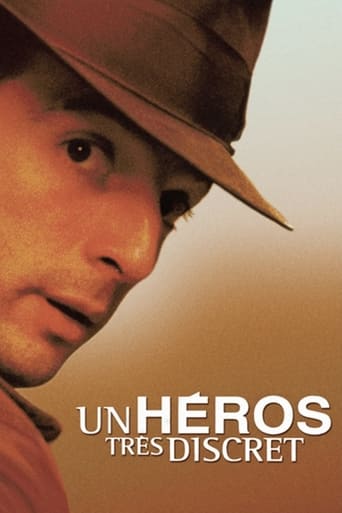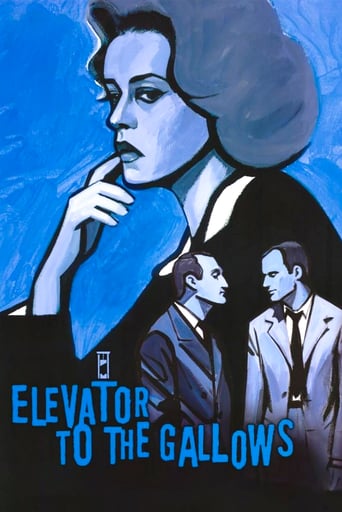


Elevator to the Gallows
A self-assured businessman murders his employer, the husband of his mistress, which unintentionally provokes an ill-fated chain of events.
-
- Cast:
- Jeanne Moreau , Maurice Ronet , Georges Poujouly , Yori Bertin , Lino Ventura , Iván Petrovich , Elga Andersen


Similar titles
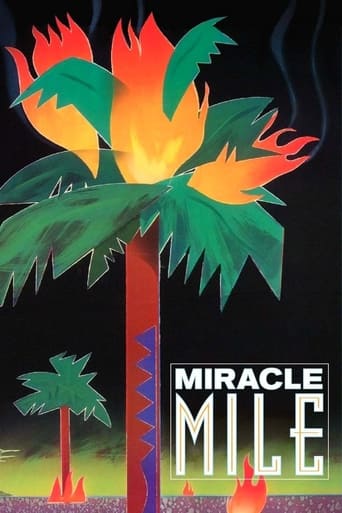
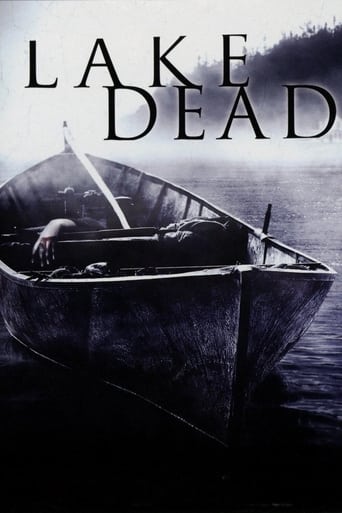
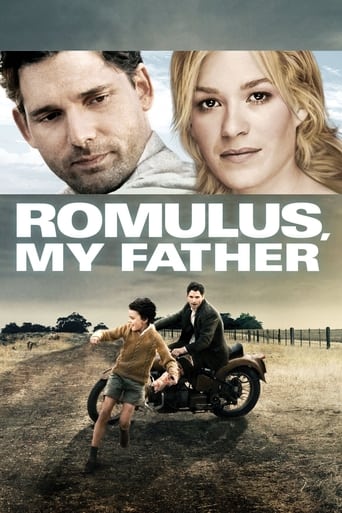
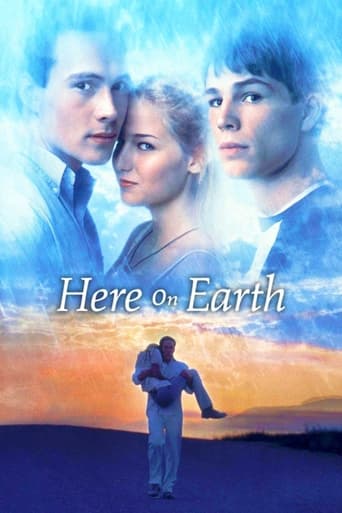
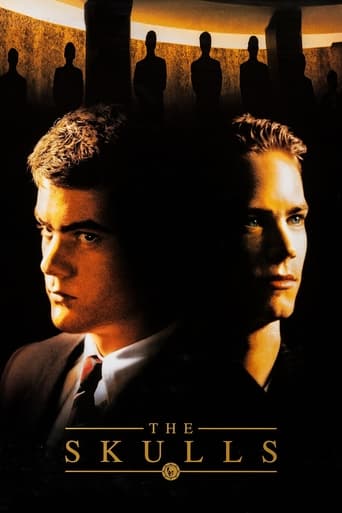
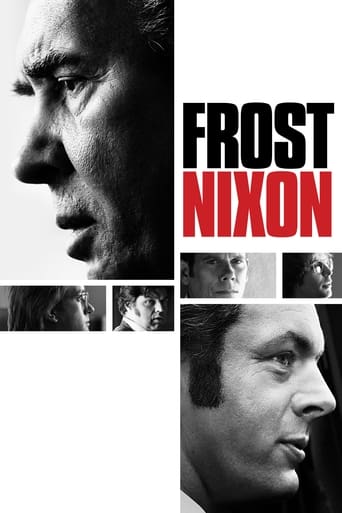
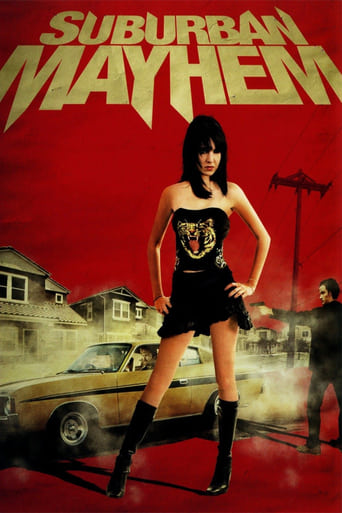
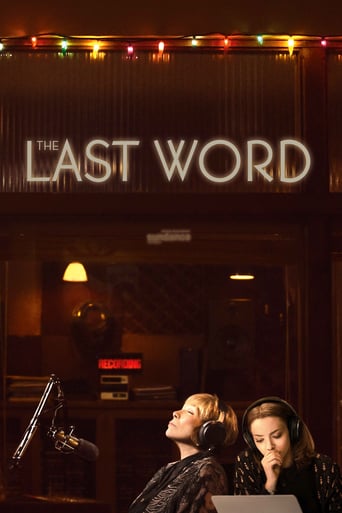
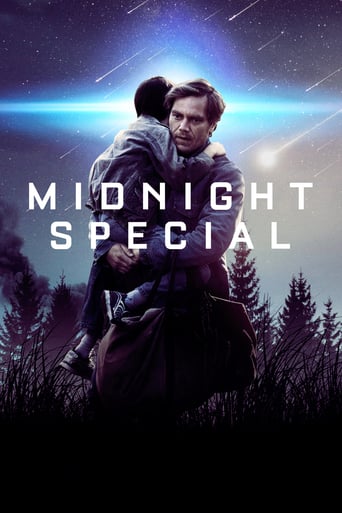
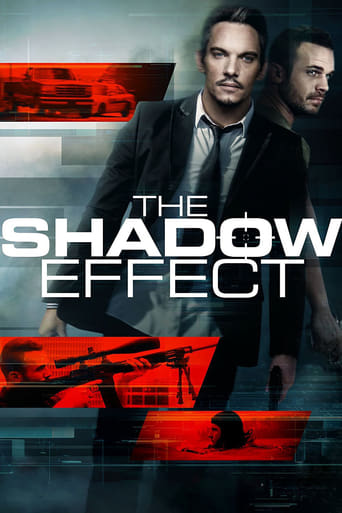
Reviews
Awesome Movie
Absolutely the worst movie.
It is a whirlwind of delight --- attractive actors, stunning couture, spectacular sets and outrageous parties.
This movie feels like it was made purely to piss off people who want good shows
Critics generally pinpoint the beginning of the French New Wave with Truffaut and Godard, but as for a real wave, many fore-shocks actually predated the cinematic revolution. The 50's played like a period of creative gestation as a few years before Truffaut's "400 Blows" and Jean-Luc Godard's "Breathless", there was Jean-Pierre Melville's "Bob le Flambeur" and of course, Louis Malle's: "Elevator to the Gallows", the film that elevated French Cinema a few stages above some conventions it didn't know it had.The film is a faux thriller wrapped in real romance, opening with the desperate voice of Jeanne Moreau whispering 'Je t'aime' to her lover. We can measure the power of their love by the promptness with which he puts on gloves, takes a gun and climbs his way to his boss' office, his boss Mr. Carala (Simon Wall) is his mistress' husband. Hitchcock recommended to shoot "crimes like love scenes" but Malle shoots his crime as an act of love. Still, Julien (Maurice Ronet) is surprisingly passionless for a supposedly crime of passion, maybe because the passion is within Florence (Moreau) and Carala is the last formality to get over.There seems to be some history between the two men, both French Foreign Legion veterans paratroopers, Julien made his bones and Carala money, there's a tacit respect that can't hide Julien's resentment, we see immediately that Julien won't feel any remorse and so does Carala, when he can spot the hatred in his murderer's eyes, his arrogance fades out as quickly as light from a candle. But we don't even have to see his murder, as to foreshadow that it won't be any highlight of the day, he's killed off-screen, casually, anti-climactically. And Julien manages to sneak away, using his knife to lock the office's door from outside, and leaves the building with two witnesses. It's the perfect crime and one hell of a beginning.Now, this is the trickiest part of the film, what do you make up when such a perfect crime is followed by such a stupid mistake? Julien starts his car, a classy convertible Chevrolet and then notices the accusing rope hanging between the two balconies. This is not a plot contrivance, this is just absurdity teasing existentialism, just when Julien thought his life had but one direction: Florence, the lousiest but so touchingly human mistake takes him back to the scene of crime. This omission reveals that you can screw people, but not destiny if it decided to screw you. I mentioned Bob le Flambeur earlier, Julien's omission reminded me of Bob's winning streak the very day he wanted to rob the casino. Life can be such a bitch.But Malle doesn't even let us time to analyze this streak of bad luck, the mistake of Julien is immediately overshadowed by the resulting chain of events. Julien gets to the elevator and it all goes so fast, the caretaker shut the power off and he finds himself entrapped for the night. Meanwhile, a young flower shop assistant gets ready for her weekend with Louis, a young thug, played by a James-Dean like George Poujouly, the boy from "Forbidden Games". Louis can't resist the temptation of stealing Julien's car, call it instinct but he feels that he won't come back any sooner. Meanwhile (again), Florence waits for Julien in a café, she sees the car leaving and recognizes the flower shop girl, believing Julien is the driver, she begins a melancholic and sad walk through Parisian streets, punctuating the riveting two-lane thriller.The film is driven by a Jazz score from Miles Davis and the sad allure of Jeanne Moreau staggering down Paris with the street lamps reflected on her face, she's not the glamorous lover, not a femme fatale, but a woman obviously hurt by love and deception, entrapped in a life with no meaning since her lover failed her. The very irony is that the lover himself is entrapped and tries to get his way out of the elevator, condemned to stay powerless while at the same time, the young couple will meet a couple of innocent German tourists and another interference with Karma will lead to Louis shooting both of them. Basically, Julien has acted by proxy, thus becoming guilty of a murder he didn't commit while trying to cover the one he made, the height of irony is that he risks death penalty with the second one.No one would believe the elevator excuse, and yet Julien can't admit his crime since no one knows about his relationship with Florence. The film reaches the delightful point where you think he'll give away his own alibi and admit one murder because at least, he had a motive. But the Police, lead by a young and confident Lino Ventura doesn't believe his story. At that point, any resolution would do, it plays under the rules of hazard and reality, it's not about what you do, but how they stand on the field of common sense. It all comes down to the kind of resolutions that might seem contrived but work nonetheless.The German couple took pictures with Julien's camera and put them to a lab, not only the pictures incriminated Louis but they betrayed Julien, revealing romantic pictures with Florence. The film came full circle with the opening declaration, showing a crime driven by love, and lovers driven to crime, you can feel hints of "Breathless" in the film but Malle's film works even better in my opinion. Indeed, Malle doesn't care for effect, his movie is about the total unpredictability of life, in the name of love, when people do things they can't control, but by doing so, things get out of their own control. Like Florence, we couldn't know about the pictures so we couldn't see them coming.And that's the stuff, great film-making is made of.
Well, it's a classic of French cinema and it has many things going for it: debut feature of the great Louis Malle, with Jeanne Moreau —one of the most important muses of Nouvelle Vague—, and music of Miles Davis, so, this film could be perfect, but... It's a French movie of the sixties (even been from 1958)... that's mean, slow, maddeningly slow, in that case with important failures in the plot (that other reviewers have already commented), and most of the performers making unconvincing interpretations. The best, the extraordinary black and white photography and, of course, Miles' music. The worst, the hour and a half of footage, you can spare thirty minutes, that being generous.Classic cinema fans —as me— should not miss it, in any case, for Malle, Moreau and Miles.
In Paris, agile Vietnam War (Indochina War, to the French) veteran Maurice Ronet (as Julien Tavernier) and his beautiful lover Jeanne Moreau (as Florence) plan the murder of his boss and her husband, a much older and very wealthy war profiteer. All goes apparently well, until Mr. Ronet realizes he left his "grappling hook" behind. This is the hooked rope Ronet uses to climb from his office's floor to the victim's floor. In hindsight, director Louis Malle should have instructed Ronet to simply use the stairs. In any case, Ronet leaves the engine of his fancy, illegally parked convertible running while he dashes up to retrieve the grappling hook. Alas, the building's power is turned off for the weekend, leaving Ronet trapped in an elevator near the scene of his crime...And, that's not all...Outside the office building, flower shop clerk Yori Bertin (as Veronique) is visited by her juvenile delinquent boyfriend Georges Poujouly (as Louis), preening in his new leather jacket. Looking to upgrade from his stolen scooter, Mr. Poujouly decides to steal Ronet's fancy automobile. He and an initially reluctant Ms. Bertin take the convertible for a joyride which turns deadly. While they get into mischief and murder, Ronet tries to get of the elevator trap. Meanwhile, looking beautiful in Henri Decae's moody black-and-white photography, Ms. Moreau wanders around Paris looking for Ronet. She may have less to do than the others, but director Malle so lovingly follows Moreau as Miles Davis music plays, you savor her every step and close-up...Some of the plot developments are implausible, but not impossible...However, there is one very noteworthy defect; it is the aforementioned grappling hook...There are several questions raised by this device, which is used by Ronet to go from his floor to the floor of his prospective victim. Later, he realizes he forgot to retrieve the hook. The mishap occurs when his telephone rings, but most people would get the phone, then the hook. Ronet doesn't recall the hook until seeing it dangling from the office building, while getting into his getaway car. Still, later, it falls by itself and is picked up by a passing girl. Well, the black cat we see earlier could have dislodged the hoot, if the cat could jump floors. The main problem with all of this is that Ronet does the climbing in broad daylight, in full view of Paris. And, even if nobody looks up, there are thousands of Parisians who would see him from their sitting room windows.******** Elevator to the Gallows (1/29/58) Louis Malle ~ Jeanne Moreau, Maurice Ronet, Georges Poujouly, Yori Bertin
The underlying premise is fairly unusual and rather interesting. The plot's unfortunate structure, however, forces the story to take forever to get to the point. As we approach the end, all the loose strands finally come together. And the premise then seems quite ingenious.But my goodness, what a circuitous route ... and then the film just stops, rather suddenly. The plot requires improbable coincidences and unlikely occurrences. Too many characters and too much talk detract from any intended suspense. And in a city the size of Paris, how is it that most of the main characters all seem to know each other?The B&W cinematography provides the main reason to watch. Natural lighting adds texture and mystery. Outdoor scenes at night are very high contrast. Which gives the film a noir look and feel. A slow, jazzy score with Miles Davis on trumpet conveys a mournful, sad tone, which blends nicely with the atmospheric lighting.Casting is okay. But acting seems indifferent and aloof. Jeanne Moreau is a wonderful actress. But her character, Florence, is so emotionless. Nor does Maurice Ronet, who plays Florence's partner in crime, convey much emotion, given his predicament. Maybe the Director, Louis Malle, wanted impersonal characters. The only tension is provided by a sequence wherein we peer down a dark elevator shaft."Elevator To The Gallows" could have been a really fine movie, with a better script and possibly a different director. Even so, that B&W lighting, particularly the night scenes, is marvelous, and together with the mournful score, does convey a wonderfully dark, moody film in some sequences.

